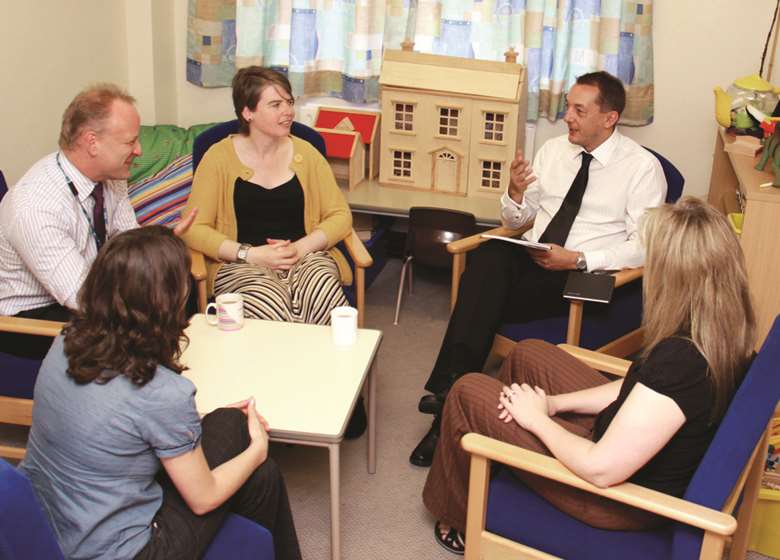How streamlined diagnosis is slashing ADHD delays in Doncaster
Jo Stephenson
Monday, April 16, 2012
Children with ADHD in Doncaster are benefiting from improved assessment procedures

Project Screening pathway for Attention Deficit Hyperactivity Disorder (ADHD)
Purpose To reduce delays in assessing, diagnosing and treating children with ADHD? funding £100,000 a year from NHS Doncaster
Background Children and young people in Doncaster with suspected ADHD were waiting too long to get an official diagnosis and start treatment. Delays can have a devastating impact on young people and their families, says Paul Farrell, ADHD specialist nurse at Rotherham, Doncaster and South Humber NHS Foundation Trust.
“There’s an impact on children’s ability to learn at school and they’re more likely to be excluded or labelled ‘naughty’ or ‘bad’,” he says. This is not only damaging to children’s self-esteem and confidence, but can lead to a cycle that sees young people fall behind and get into more serious trouble. Difficult behaviour also has an impact on classmates and teachers and puts whole families under stress with parents often feeling blamed. So Doncaster Children and Young People’s Mental Health Service introduced a new process designed to speed up assessment.
Action A new “pathway” for assessment and treatment was developed, working in partnership with paediatric services, educational psychologists and commissioners at NHS Doncaster and Doncaster Council. Work began in September 2011.
It includes a screening tool distributed to professionals including GPs, educational psychologists and paediatricians. Referrals are made to the team who complete a more detailed screening process using the Conners questionnaire – an assessment tool for ADHD – with the child’s school and parents.
“The process helps reduce the number coming through for a full assessment as it identifies those who do not have ADHD and means they can be signposted to more appropriate help,” says Farrell. A child may then go on to have a full assessment, which includes psychological assessment, and may include observation at school and home. A multi-agency discussion takes place before a diagnosis is confirmed and treatment instigated.
Treatment might include medication but also involves support to manage behaviour, such as parenting classes. “It’s not saying parents are to blame, but giving people skills and opportunities to share experiences and gain the confidence that what they’re doing is right,” says Farrell. The team also educates teachers and classroom support staff about ADHD and is developing an education programme for parents.
Outcome The key result has been a dramatic reduction in average waiting times for medical assessment and intervention from a year to just four to six weeks. The new system has also been crucial in ensuring children and young people who do not have ADHD get the right help.
If you think your project or programme is worthy of inclusion, email supporting data to janaki.mahadevan@markallengroup.com




